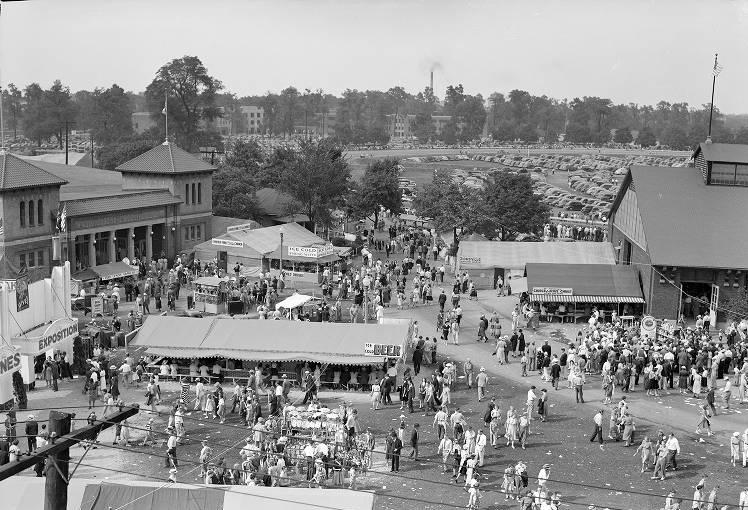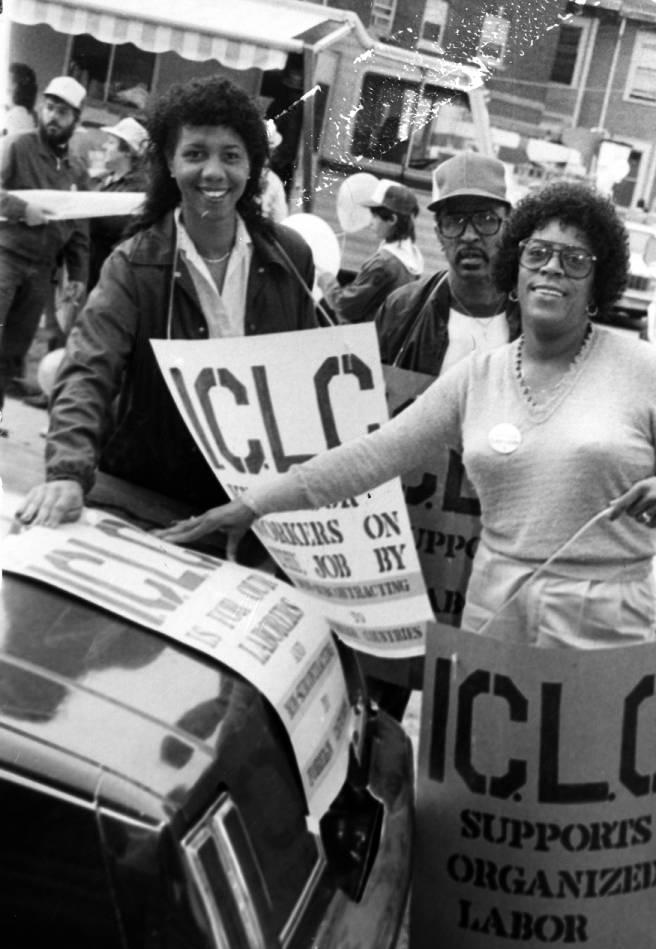Indianapolis first observed Labor Day on Sunday, September 19, 1886. Originally scheduled for Monday, September 6, organizers accommodated their guest speakers by changing the festivities to Sunday, despite objections from local ministers. Labor supporters hoped to make the occasion a statewide celebration. The refusal of railroads to reduce rates for traveling laborers, however, limited participation to local workers. The dominance of the and the among Indianapolis workers was most evident in the day’s parade. The 45-minute parade concluded with a large picnic at the Exposition Grounds (later the old ) with nearly 6,000 attending the afternoon festivities.

Indianapolis Mayor issued the first Labor Day proclamation in Indiana in 1887, designating Monday, September 5, as a day to commemorate the contributions of the city’s laborers. Following New York’s lead, Indiana sanctioned the observance of Labor Day in 1891. In response to a nationwide movement, President Grover Cleveland signed legislation in June 1894, making Labor Day an official national holiday.
Between 1894 and 1922, annual Labor Day celebrations varied in scope. There were parades, races, picnics, speakers (including U.S. Senator and Civil War general and author ), theatrical productions, and a “spectacular” called “The Last Days of Pompeii.” The 1921 festivity attracted thousands of workers representing 95 local unions who paraded through the streets to where they heard speeches and concluded with an evening ball.

From 1923 to 1936, there were no official observations of Labor Day, due in part to local anti-labor sentiment and the Great Depression. The traditional Labor Day parade returned in 1937 but was marked by antagonisms between the AFL and CIO. The CIO refused to participate in the parade, which was sponsored by the Indianapolis Central Labor Union comprised of some 23,000 members of 135 AFL locals.
During World War II, official observances of Labor Day were canceled to keep the factories open. For the next several decades, there were no official Labor Day observances. The the , and the jointly sponsored parades during the 1980s. In 1992, over 5,000 people attended local Labor Day festivities.
In 2012, Indianapolis’ Labor Day parade and festivities became Indy LaborFest. The festival is a free event sponsored by Central Indiana AFL-CIO featuring live music, food, and kids activities as well as opportunities to learn about various careers.

Help improve this entry
Contribute information, offer corrections, suggest images.
You can also recommend new entries related to this topic.